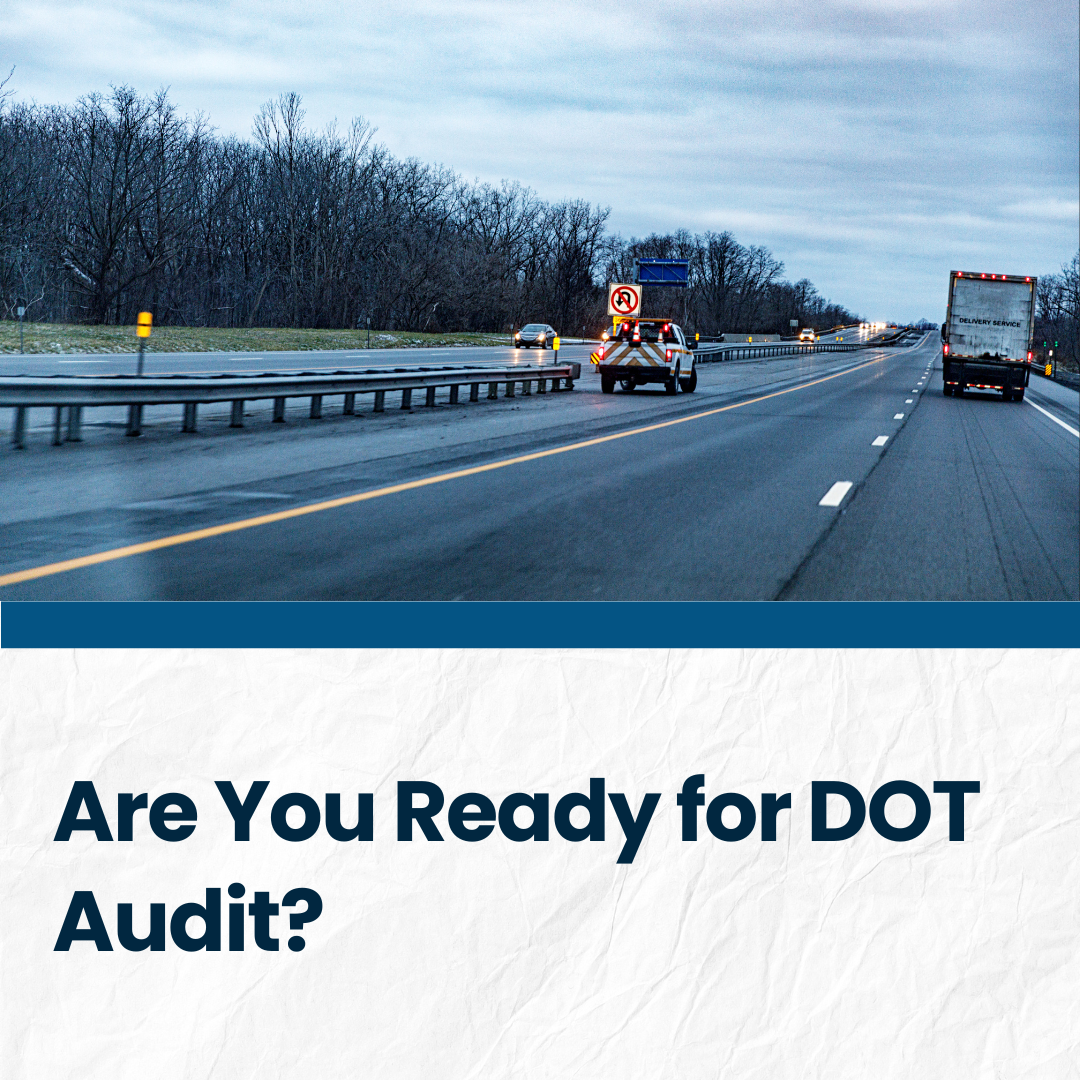If your business isn’t regulated by the Department of Transportation (DOT), chances are you’re looking at non-DOT drug testing to keep your workplace safe and compliant. But what is a non-DOT drug test exactly—and when do you need one?
Here’s the short version: A non-DOT drug test is any drug or alcohol screening that falls outside of DOT-regulated testing programs. These tests are commonly used by private companies, schools, hospitals, and government agencies not subject to DOT regulations. Unlike DOT testing, non-DOT testing gives employers more flexibility in test type, timing, and policy design.
Key Takeaways
- A non-DOT drug test is not governed by federal DOT regulations.
- Employers use it for pre-employment, random, post-accident, and reasonable suspicion testing.
- Procom offers drug testing in Grand Junction, Denver, and statewide—with quick turnaround and compliance support.
- You can choose from urine, hair, or saliva drug tests depending on your needs and timeframe.
What Is a Non-DOT Drug Test?
A non-DOT drug test is any drug or alcohol screening not conducted under 49 CFR Part 40—the federal rules for DOT drug testing. That means if your company doesn’t fall under DOT oversight (like trucking, aviation, or pipeline operations), you’re likely using non-DOT testing methods.
Because it’s not federally mandated, non-DOT testing gives you more control. You set your own drug testing policy, determine which substances to test for, and choose the type of test based on your goals.
Common uses include:
- Pre-employment screenings
- Post-accident tests
- Reasonable suspicion checks
- Random or periodic testing
- Return-to-duty protocols
Want to know if an employee’s medication will affect a test result? Check out our guide on what constitutes a valid prescription.
How Is a Non-DOT Drug Test Performed?
Non-DOT tests can be tailored to your business. You’re not limited to urine testing. Instead, you can choose:
- Urine testing – Fast, cost-effective, and ideal for recent use detection
- Hair testing – Best for detecting long-term substance use
- Saliva testing – Non-invasive and good for recent use detection
Curious which method fits your needs? Read our guide on urine vs. hair vs. saliva testing.
Once you’ve selected your method, you can either send employees to one of Procom’s collection site network locations or schedule on-site testing for larger teams.
Denver drug screening and drug testing in Grand Junction are both available through our mobile units or at our certified locations—making scheduling and compliance fast and efficient.
Why Choose Non-DOT Drug Testing?
A non-DOT drug testing program helps organizations:
- Maintain a drug-free workplace without DOT oversight
- Customize testing panels to meet internal policies or industry risks
- Comply with state-specific laws around workplace safety
- Mitigate risks associated with accidents or impaired performance
From small businesses to school districts and municipalities, non-DOT testing provides essential coverage—without red tape.
Non-DOT Testing vs. DOT Testing: What’s the Difference?
| Feature | DOT Drug Test | Non-DOT Drug Test |
| Regulated by | 49 CFR Part 40 | Employer or company-specific policies |
| Mandatory For | DOT-covered safety-sensitive roles | Non-DOT employers (hospitals, schools, etc.) |
| Substance Panels | Fixed (e.g., 5-panel urine) | Customizable (5, 10, or expanded panel options) |
| Oversight | DOT agencies + FMCSA | Employer discretion |
| Test Types | Urine only | Urine, hair, or saliva |
Need help deciding which applies to your business? Learn more about non-DOT screening and DOT crossover rules here.
FAQs About Non-DOT Drug Testing
DOT drug tests are federally regulated and required for safety-sensitive transportation roles. Non-DOT drug tests are customizable and used by non-regulated businesses for workplace safety.
Any business that wants to maintain a drug-free workplace but isn’t required to follow DOT guidelines. That includes schools, construction companies, hospitals, retail, local governments, and more.
You can test for common substances like marijuana, cocaine, opiates, amphetamines, and more. Panels can be adjusted based on your industry or concerns.
Start with a clear policy. Decide when and how testing will occur, what substances will be tested for, and how results will be handled. Procom can help you implement everything—from policy to collection to results.
Yes, but laws vary. We stay on top of state regulations and ensure your testing program meets all legal requirements.
Yes. Alcohol testing is optional but can be included in your program. It’s commonly used in post-accident and reasonable suspicion scenarios.
Absolutely. For Denver, Grand Junction, and other regions across Colorado, we offer both fixed-site and mobile testing options to keep your workforce moving.
Need a trusted partner for non-DOT drug testing in Colorado?
Reach out to Procom today—we’ll make the process easy, compliant, and tailored to your business.For more insight into workplace policy design, visit the SAMHSA Drug-Free Workplace FAQ or check out FMCSA’s non-DOT testing overview.




